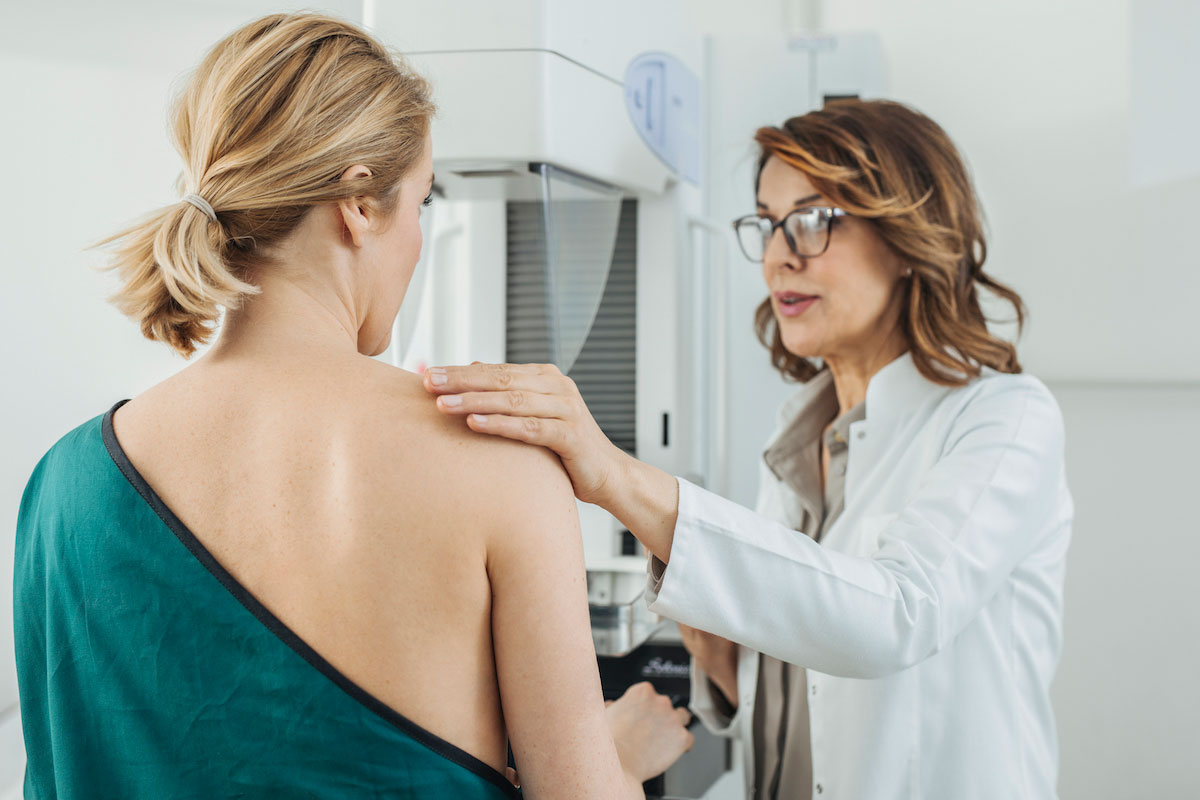<< Back
Webinar Jan. 14: Early Breast Cancer Detection

January 06, 2021
Maybe you skipped your annual screening mammogram because the pandemic closed down many medical facilities, you don’t have time or you just feel that no news is good news, but the diagnostic test is actually the best tool in the fight against breast cancer.
Breast cancer affects one in eight women in their lifetime, but it is a disease that is largely curable when detected early through screening mammography.
“Scheduling a mammogram is one way we can exercise control against a disease that comes with many risk factors that are beyond our control,” said Dr. Camelia Lawrence, director of breast surgery at MidState Medical Center and The Hospital of Central Connecticut.
Risk factors for breast cancer, according to the Centers for Disease Control and Prevention, include:
- Age. The risk for breast cancer increases with age and most cases are diagnosed after age 50.
- Genetics. There are genetic mutations such as BRCA1 and BRCA2 that are inherited and carry a higher risk of breast and ovarian cancers.
- Breast density. Women with dense breasts, or those with more connective tissue than fatty tissue, are more likely to get breast cancer.
- Family history. The risk of breast cancer is higher in women with a first-degree relative such as a mother, sister or daughter, who have had breast or ovarian cancer.
- Reproductive history. Women who started menstruating before the age of 12 and menopause after the age of 55 are exposed to hormones longer. This raises their risk of getting breast cancer.
- Radiation history. The chances of getting breast cancer are higher for women who had radiation therapy treatments in the chest or breasts for diseases like Hodgkin’s lymphoma before the age of 30.
- Use of DES. Women who took diethylstilbestrol (DES) to prevent miscarriage, or whose mother took DES while pregnant with them, have a higher risk of breast cancer.
To shed more light on the risk factors and early detection of breast cancer, Dr. Lawrence will lead a free interactive webinar, “How Early Breast Cancer Detection Saves Lives,” on Thursday, Jan. 14, from 12 to 1 p.m. You can join from the comfort and privacy of your home on your phone, computer or tablet. To sign up for the webinar, which will include a group discussion about living with the diagnosis of breast cancer, click here. Log-in instructions will be sent after registration.
The talk will touch on:
- When to get a mammogram.
- How to manage screening with dense breasts.
- Risk factors and the role of genetics in breast cancer.
- The dangers of skipping annual screening.
There also will be a question-and-answer session with Dr. Lawrence.